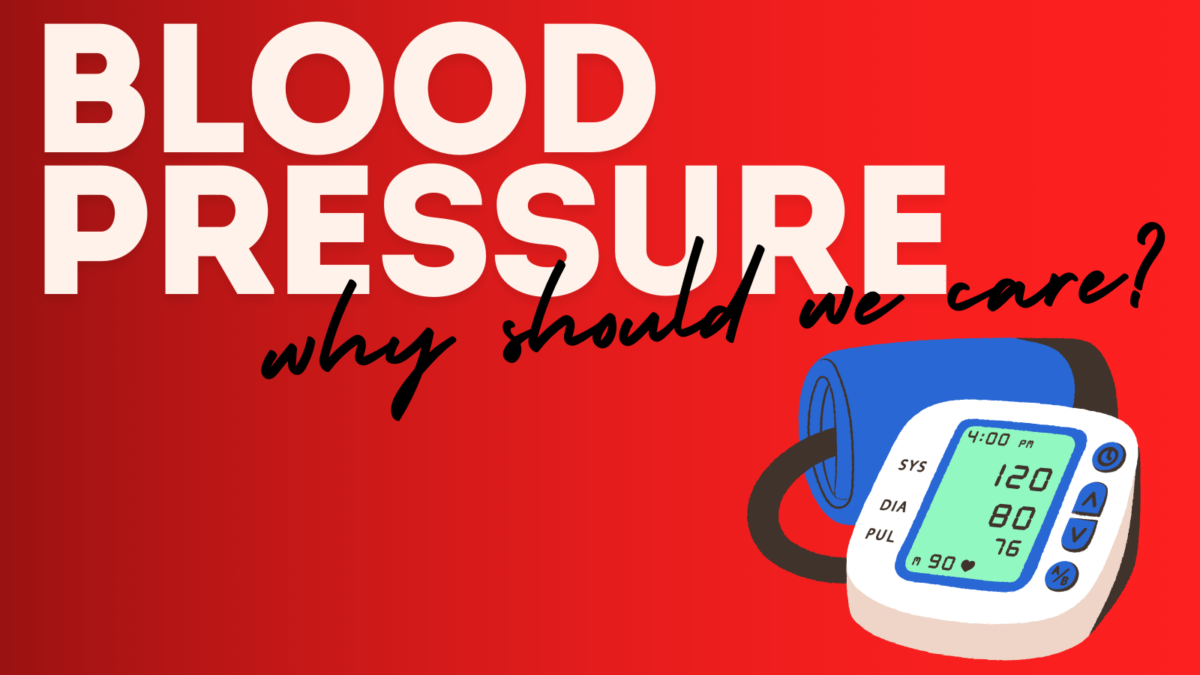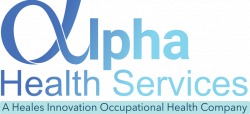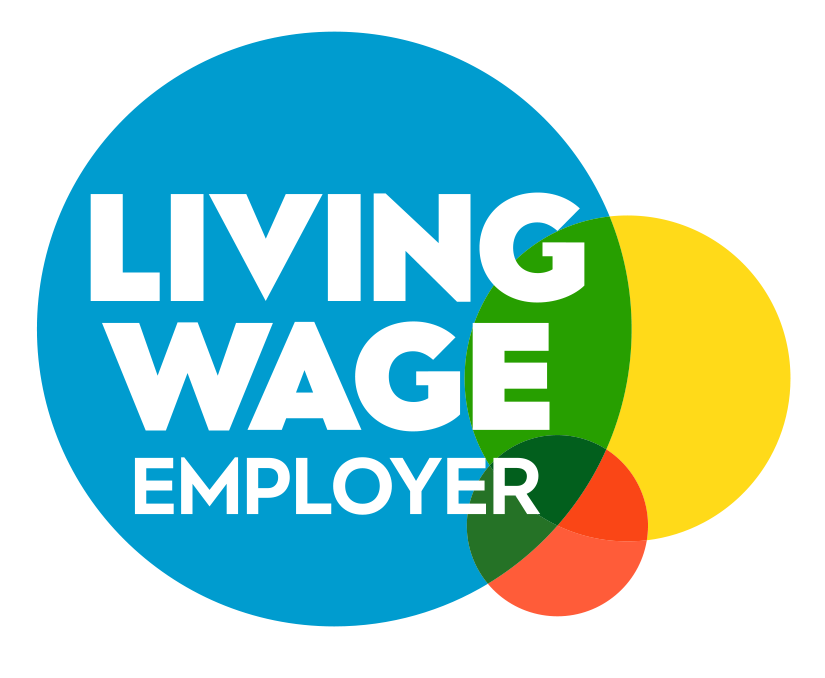Blood pressure is the pressure of blood in your arteries, you need some pressure in order to push the blood around the body when the heart pumps. Throughout the day, depending on what you are doing, your blood pressure will go up and down, however, if your blood pressure is consistently high (even when resting) then you need to do something about it.
Your blood pressure is measured using 2 numbers:
Systolic blood pressure– this is the top number. This is the measure of your blood pressure as your heart beats, forcing the blood around the body.
Diastolic blood pressure– this is the bottom number. The is the blood pressure as the heart relaxes.
Blood pressure is measured in millimetres of mercury (mmHg). If the first number is 120 and the second number is 80, this would be written as 120/80mmHg, and you’d call it ‘120 over 80’.
High blood pressure needs to be taken seriously.
High blood pressure (hypertension) means your heart is having to work harder to pump the blood around your body, which over time can put strain on the heart and the blood vessels which can lead to heart and circulatory diseases.
Your arteries (the blood vessels that carry blood away from your heart to the rest of your body) are normally stretchy to cope with your varying blood pressure, however if you blood pressure is consistently high then the arteries begin to loose this stretchiness, meaning they become stiff or narrow.
This in turn makes it easier for atheroma (fatty material) to build up in the arteries leading to damage of blockages.
High blood pressure can also lead to problems like heart failure, kidney failure, sight problems and vascular dementia.
You can be more at risk of high blood pressure if:
- Someone in your family has high blood pressure
- You are over 65 years old
- You smoke
- You consume a lot of alcohol
- You don’t get enough exercise
- You eat too much salt
- You don’t eat enough fruit/vegetables
- You are overweight, especially around your waist
Symptoms of high blood pressure:
- blurred vision
- nosebleeds
- shortness of breath
- chest pain
- dizziness
- headaches
If you are noticing any of these symptoms then you should go and see your GP.
For more information, see our heart health page here.






